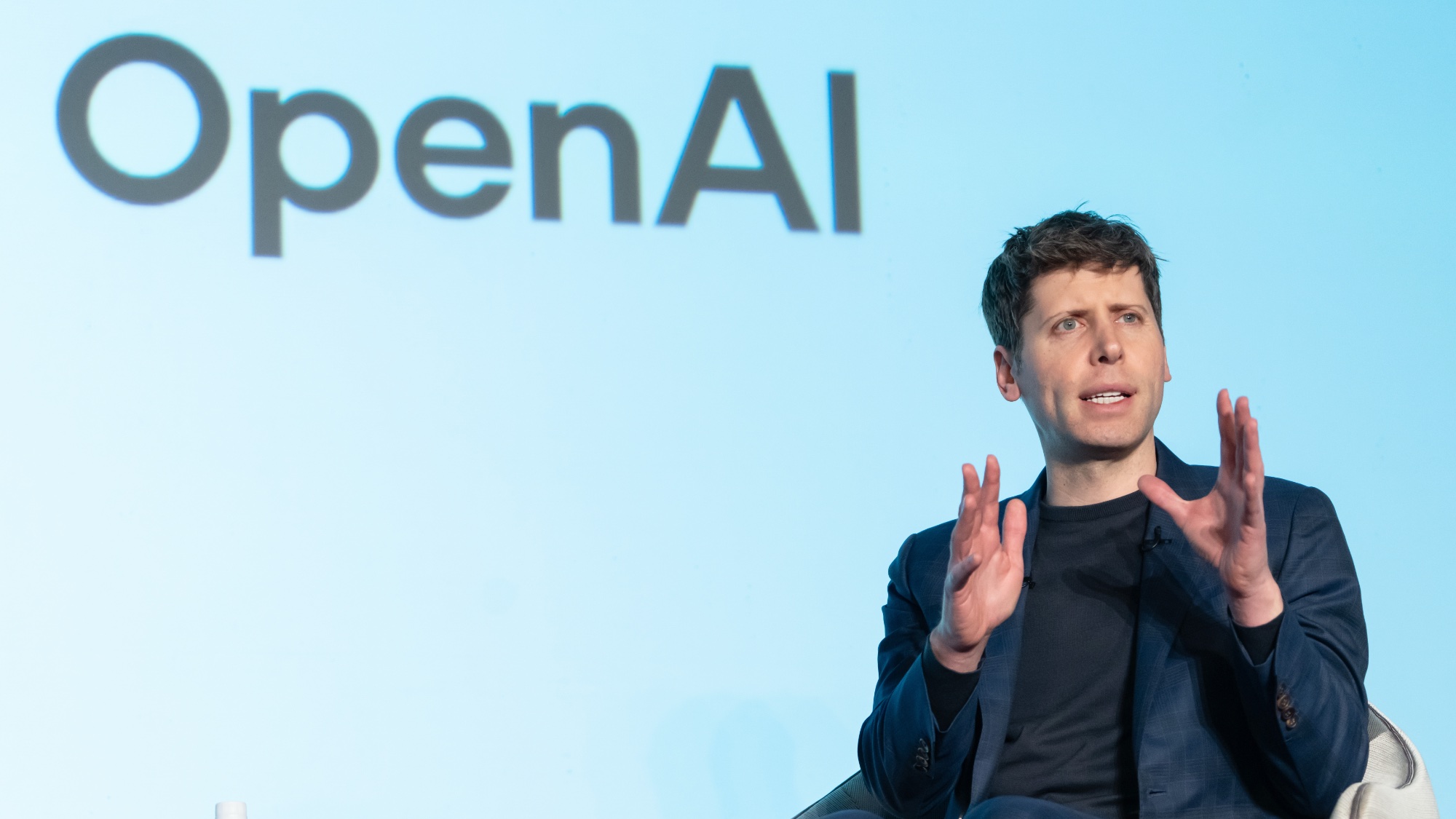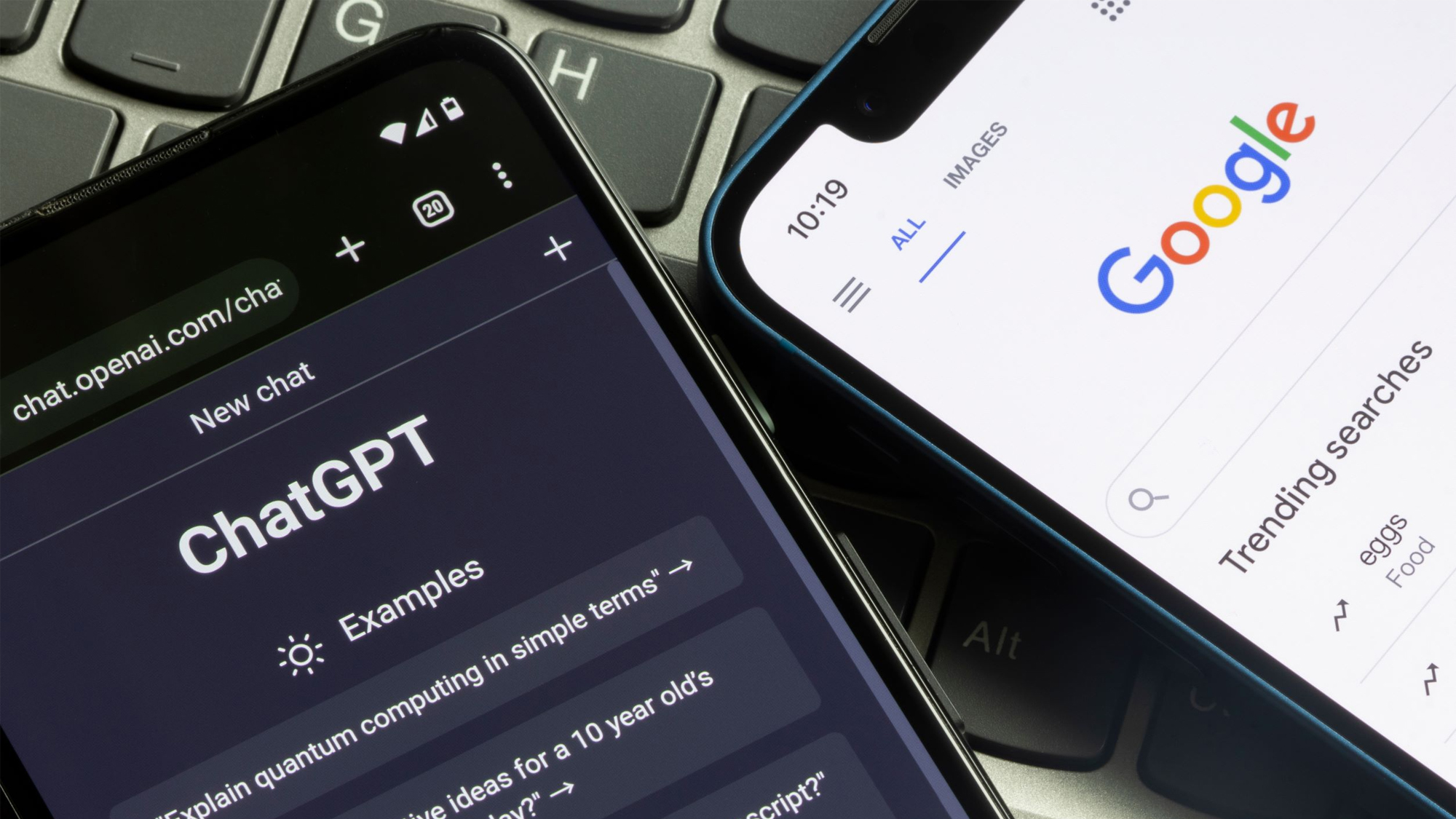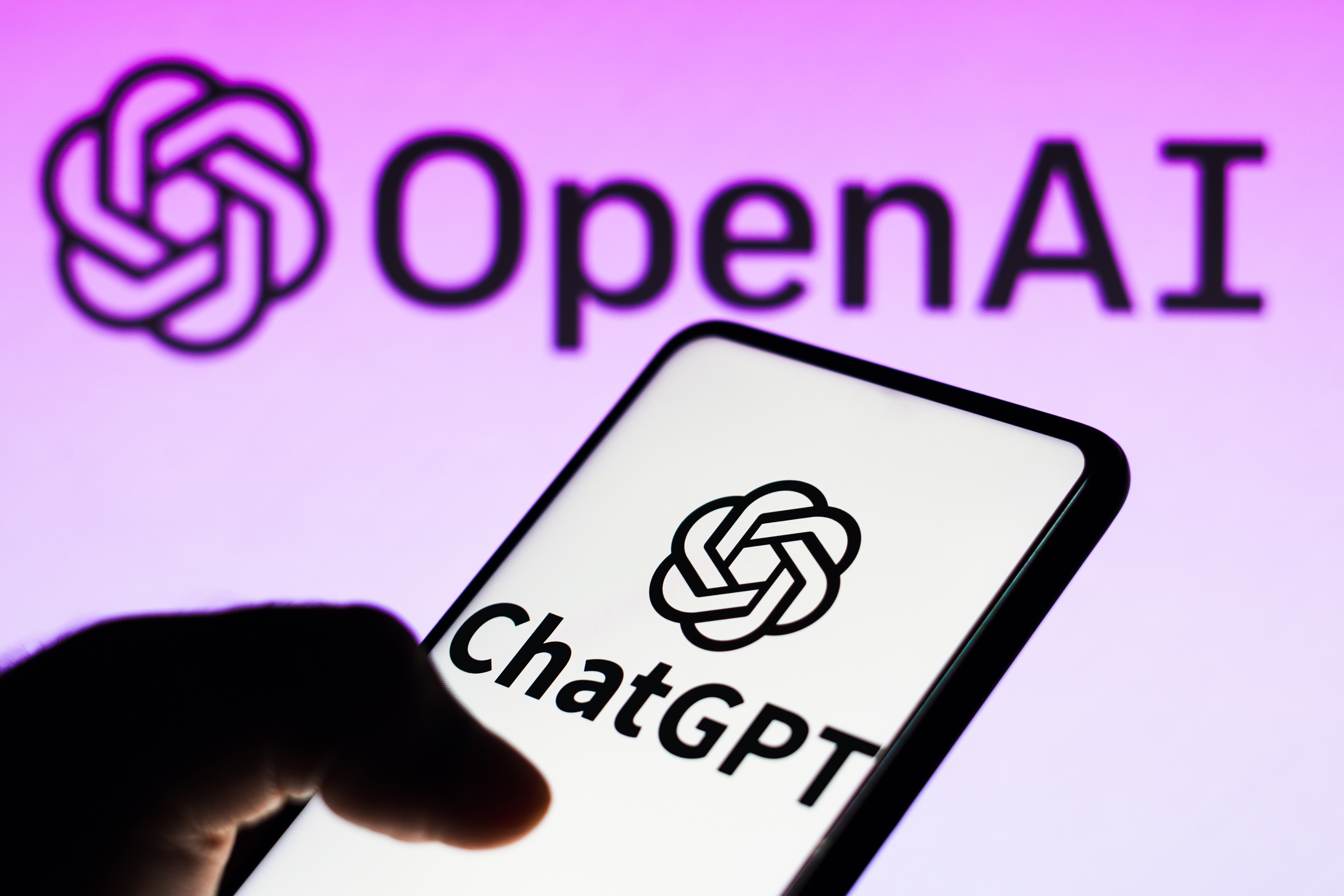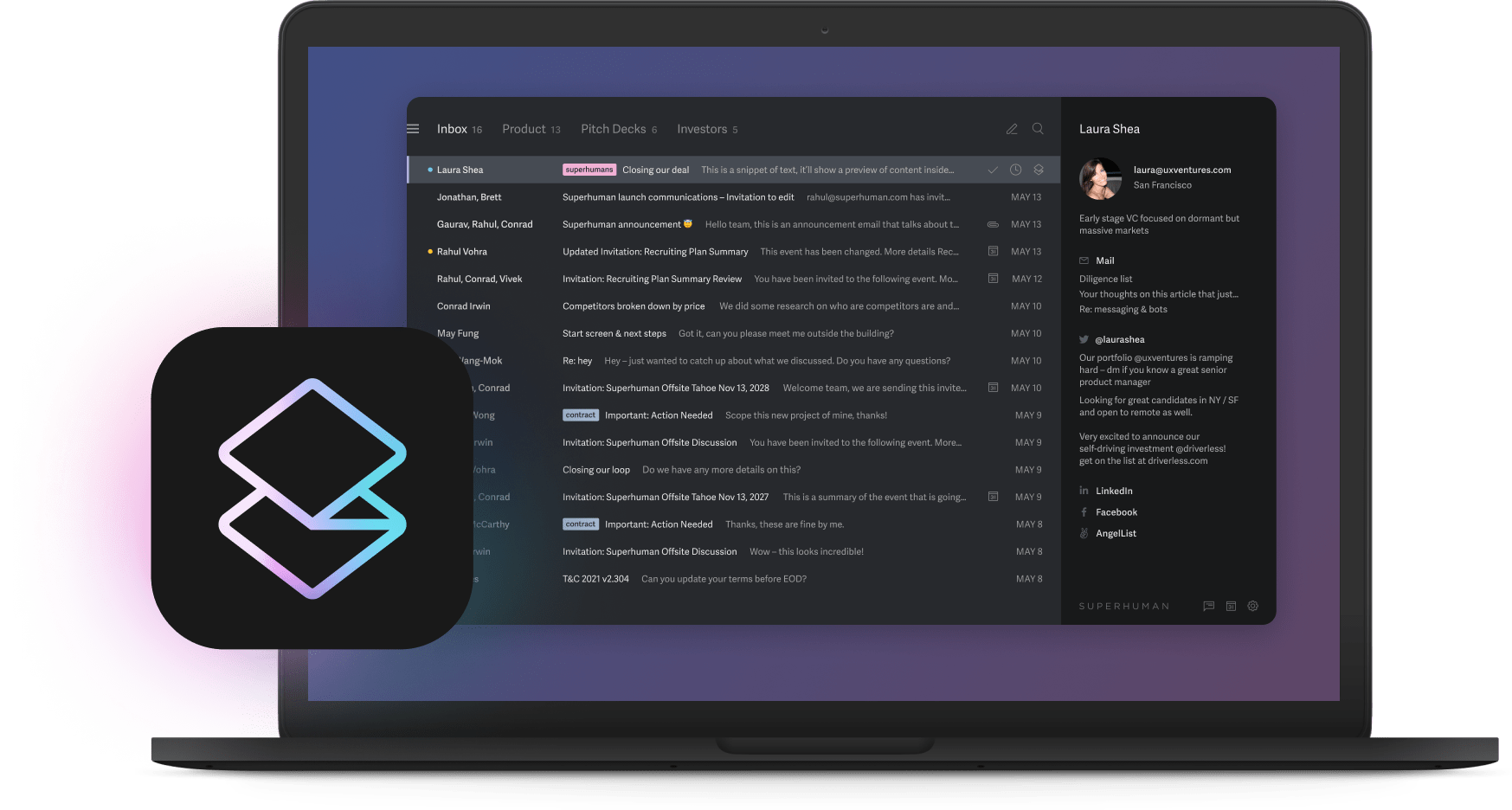OpenAI reportedly launching new browser very soon to compete with Google Chrome — here's what we know
Watch out Google, OpenAI is coming

Here at Tom’s Guide our expert editors are committed to bringing you the best news, reviews and guides to help you stay informed and ahead of the curve!
You are now subscribed
Your newsletter sign-up was successful
Want to add more newsletters?

Daily (Mon-Sun)
Tom's Guide Daily
Sign up to get the latest updates on all of your favorite content! From cutting-edge tech news and the hottest streaming buzz to unbeatable deals on the best products and in-depth reviews, we’ve got you covered.

Weekly on Thursday
Tom's AI Guide
Be AI savvy with your weekly newsletter summing up all the biggest AI news you need to know. Plus, analysis from our AI editor and tips on how to use the latest AI tools!

Weekly on Friday
Tom's iGuide
Unlock the vast world of Apple news straight to your inbox. With coverage on everything from exciting product launches to essential software updates, this is your go-to source for the latest updates on all the best Apple content.

Weekly on Monday
Tom's Streaming Guide
Our weekly newsletter is expertly crafted to immerse you in the world of streaming. Stay updated on the latest releases and our top recommendations across your favorite streaming platforms.
Join the club
Get full access to premium articles, exclusive features and a growing list of member rewards.
OpenAI’s dominance in the AI world has been huge. Since launching ChatGPT, as well as a host of other tools, the company has steadily become one of the biggest names in tech. Which makes its next move somewhat obvious.
For months now, OpenAI has been hinting at the idea of launching a web browser. This is news we covered late last year, but the arrival date of this new tool could now be imminent.
That’s according to Reuters who published the exclusive news that the browser could be launching in the next couple of weeks. This news is based on reports from “three people familiar with the matter”.
According to these people, the browser would aim to use AI to “fundamentally change how consumers browse the web” and would give OpenAI even more access to something they deeply desire, data.
What could this browser look like?

OpenAI, like with most of their other projects, has kept incredibly quiet about this. That means we don’t have much of an idea of what this browser might look like.
The Reuters sources claim that the browser is designed to keep some user interactions within a ChatGPT-like native chat interface instead of clicking through to websites. They also said it is part of a strategy from OpenAI to weave its services across both the personal and work lives of consumers.
Imagine the ability to ask a chatbot “flights to LA on the 16th July for under $200 dollars and having a model not only find that information but book it all as well.
While we don’t have confirmation of the details, it is easy to paint a picture of what this could look like. Especially as Perplexity, perhaps the closest thing to Google in the AI world, just launched a browser.
Get instant access to breaking news, the hottest reviews, great deals and helpful tips.
AI-powered browsers are, essentially, the combination of chatbots and search engines. There is a lot of crossover between the two, but they have separate aims.
Chatbots are designed to answer your questions, organize information and explain complicated topics. Search engines offer this function, but in a more complicated way, requiring extra steps to find out. Where search engines thrive is the extensions past what a chatbot can do.
This could be booking flights, shopping, getting directions etc. However, agentic AI is combining the two. This is AI that can act on your behalf and is growing quickly in popularity.
Imagine the ability to ask a chatbot “flights to LA on the 16th July for under $200 dollars and having a model not only find that information but book it all as well. Or finding the best restaurants near you and scanning through all of them to see which have tables at certain times.
This is broadly the aim, and likely similar to what OpenAI might create with its browser. It’s a smarter, more powerful version of Google.
While Google has started to look into AI in its browser (as seen by AI overviews) it has yet to adopt anything quite like OpenAI or Perplexity. However, while it is a major change to the world of AI, it could also be a risky one and a move that companies need to get right, giving AI a lot of freedom over finacials and data.

When could be the OpenAI browser release date?
The report from Reuters suggests that this could be available in the next few weeks. However, this is also the timeframe that OpenAI is expected to launch GPT-5, the latest in updates for its models.
While these could be launched at the same time, that would be unlikely, especially considering how overworked that would make OpenAI’s servers. But, the company is anything but conventional.
We could see both launched together, one after the other, or, in typical OpenAI style, both heavily delayed at the last minute.
More from Tom's Guide
- What is Grok? — everything you need to know about xAI's chatbot
- I turned a PDF into a video in under 5 minutes — here’s the AI tool that made it happen
- I tried the five most popular ChatGPT prompts of all time — these were the best ones

Alex is the AI editor at TomsGuide. Dialed into all things artificial intelligence in the world right now, he knows the best chatbots, the weirdest AI image generators, and the ins and outs of one of tech’s biggest topics.
Before joining the Tom’s Guide team, Alex worked for the brands TechRadar and BBC Science Focus.
He was highly commended in the Specialist Writer category at the BSME's 2023 and was part of a team to win best podcast at the BSME's 2025.
In his time as a journalist, he has covered the latest in AI and robotics, broadband deals, the potential for alien life, the science of being slapped, and just about everything in between.
When he’s not trying to wrap his head around the latest AI whitepaper, Alex pretends to be a capable runner, cook, and climber.
You must confirm your public display name before commenting
Please logout and then login again, you will then be prompted to enter your display name.
 Club Benefits
Club Benefits




















